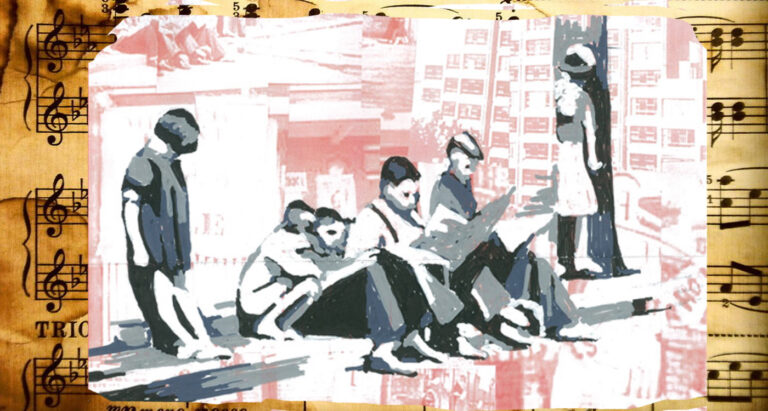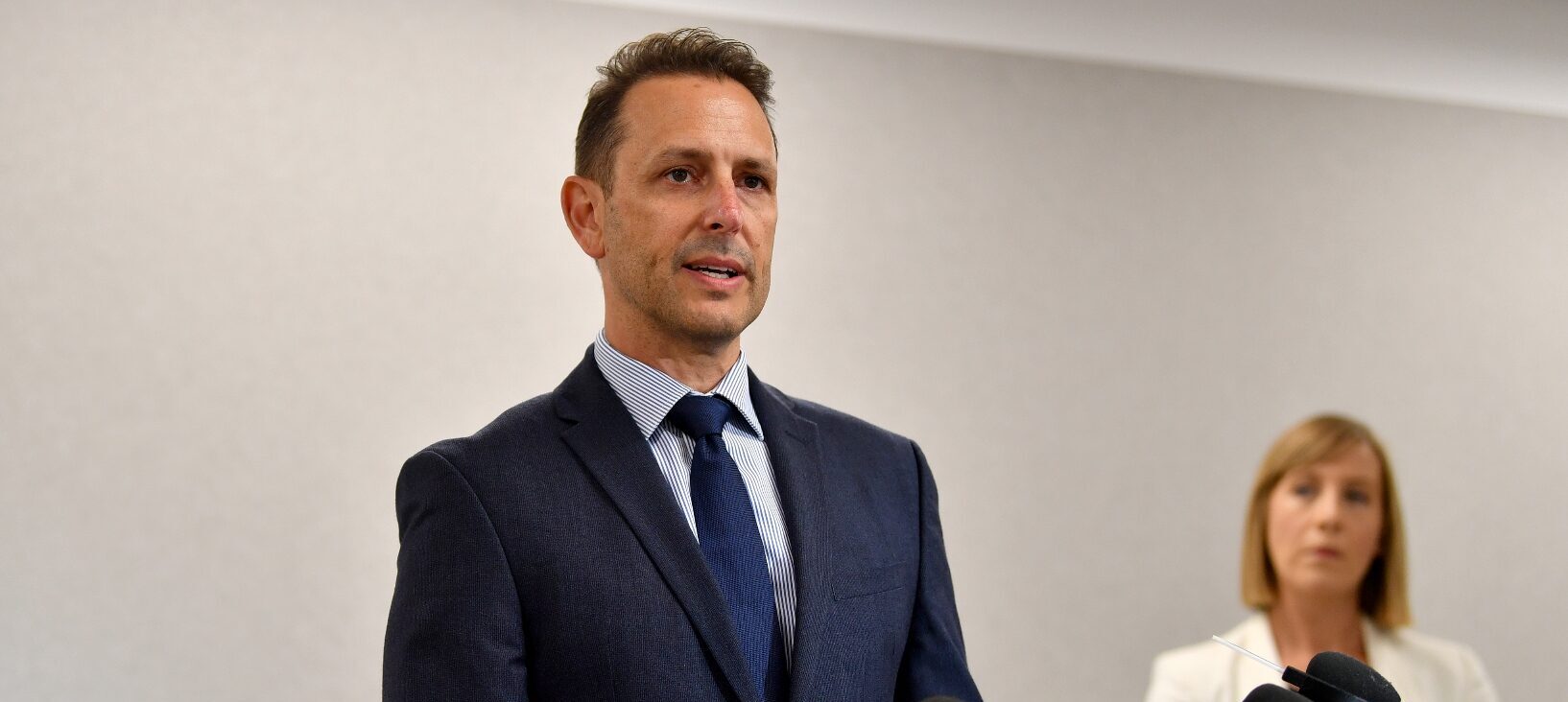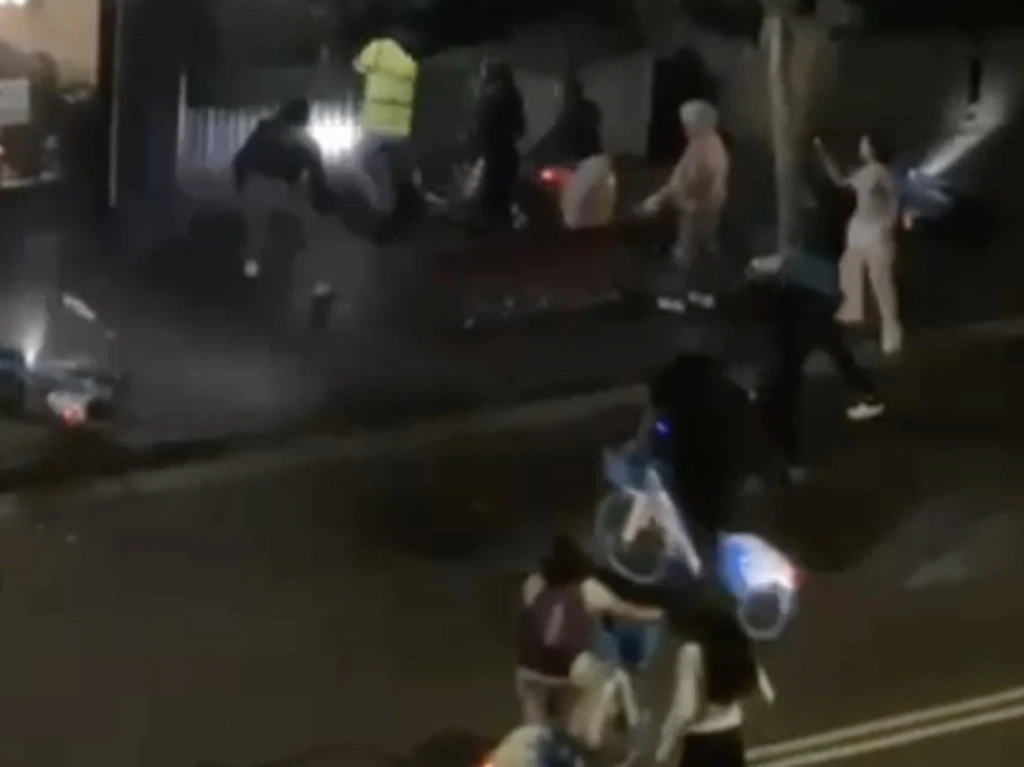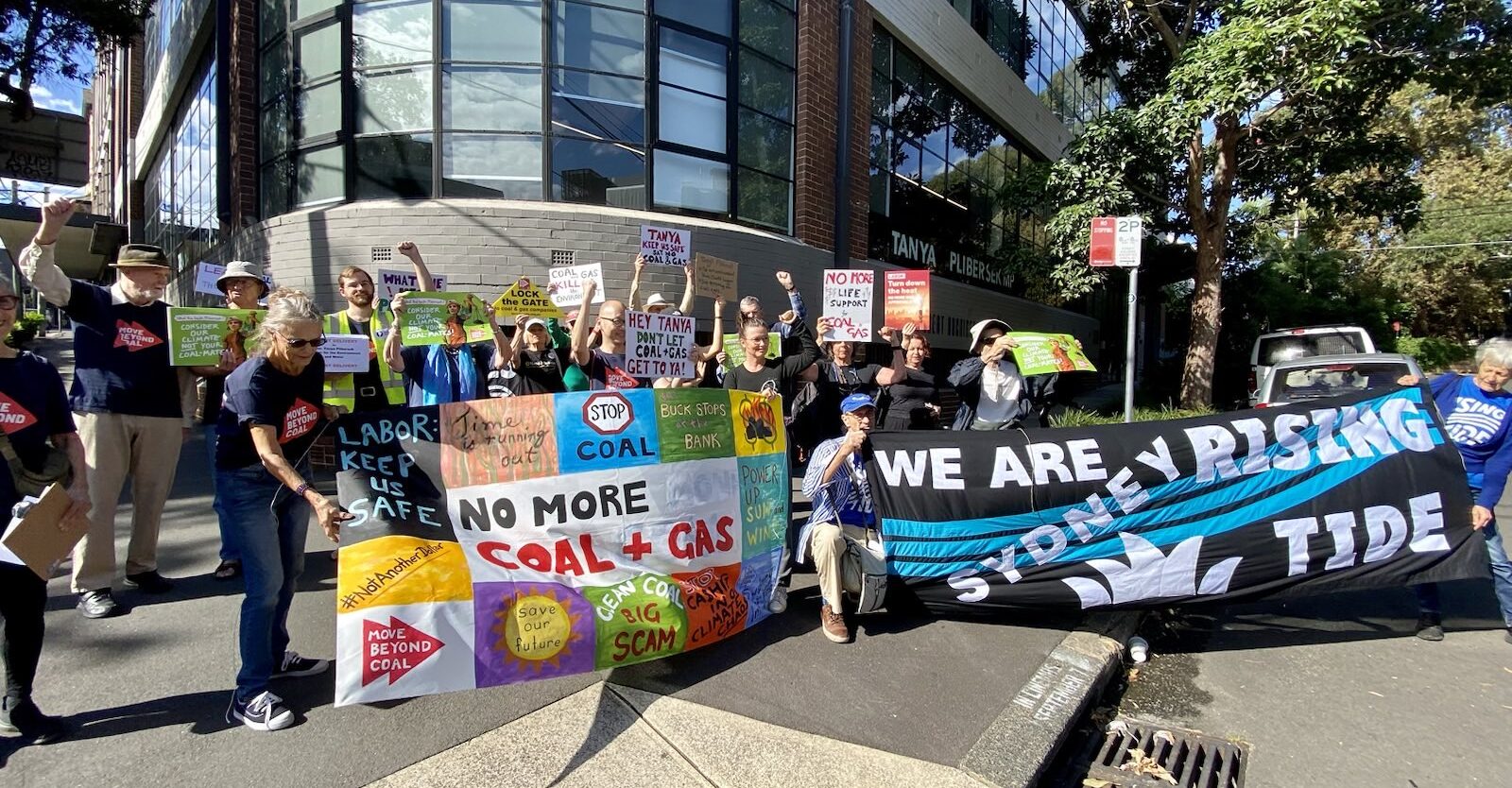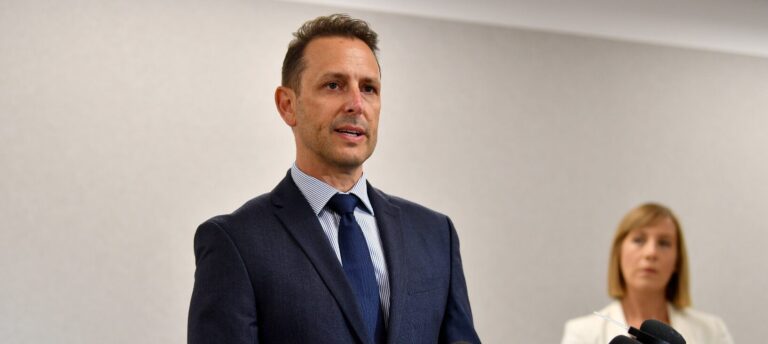
Discontent builds over NSW bail reform

Last week the NSW Government amended The Bail Act so that people who pose an unacceptable risk to the community will automatically be refused bail. The reforms have been criticised for reversing the onus of proof for certain offenses onto the accused.
A post-prison support group based in Chippendale has joined a raising chorus of concerns, saying these changes will worsen crime rates and hurt those most vulnerable in society.
Mindy Sotiri, Program Director at the Community Restorative Centre in Chippendale, said: “From our perspective, prison is just one more form of disadvantage in a whole lifetime of disadvantage – what happens in prisons isn’t useful for preparing people for life on the outside. Being on remand is particularly damaging because there is no access to prison programs.”
The state’s bail act has been the subject of considerable flux over the past two years, after a 2012 Law Reform Commission report found the 1978 Act was “voluminous, unwieldy, hugely complex” resulting in outcomes which were often unfathomable and seen as unjust.
After twelve month’s consultation, then NSW Attorney General Greg Smith authored a new bail bill which removed offence-based presumptions for or against bail.
The changes were brought into effect in May this year. Media outlets and talkback radio hosts criticised the principle of releasing people on bail who they saw as posing a serious threat to the community.
The Government changed its approach last week, and voted in legislation which would restore the previous NSW Act. The change resumed the practice of having presumptions of bail attached to certain categories of crime.
These changes follow Victoria and Queensland’s institutionalisation of offense-based presumptions.
Senior Lecturer of Law at Wollongong University, Doctor Julia Quilter has criticised the government’s backflip as pandering to talkback radio hosts.
“It really is playing to Ray Hadley and the Telegraph because they want to win the upcoming election which is only months away.”
Dr. Quilter has also flagged concerns about the practicalities of the new laws and the possibility of unfairness on a number of issues.
“What happens in those states with the reverse of onus of proof is the alleged must show the prosecution’s case against them is a weak one. What we have to remember is that when a bail hearing happens the brief hasn’t been served and the accused doesn’t have all, if any of the evidence available. That, to me, is an invidious situation.”
This concern of unfairness in the rules was mirrored by Ms Sotiri.
“43 per cent of people in prison will be back in two years. But the larger problem with populations that cycle in and out of remand is that they don’t get access to any programs; there is no opportunity to do anything constructive while awaiting sentencing. You can’t for instance, get a forklift ticket, or participate in an anger management program.”
Attorney General Brad Hazzard has said the laws are simply an attempt to tighten the existing ones.
“These are common sense changes that should reassure the community that the new bail laws are doing precisely what they were intended to do, which is to place the potential risk to the community posed by an accused offender front and centre of the justice system.”

